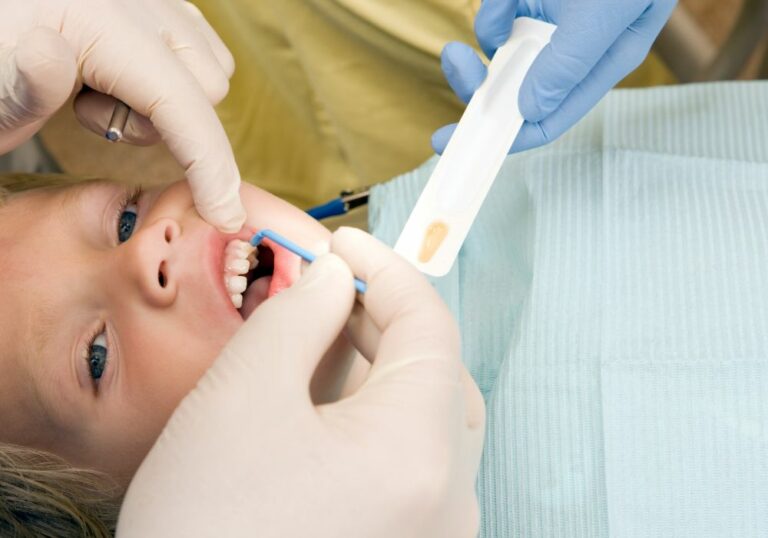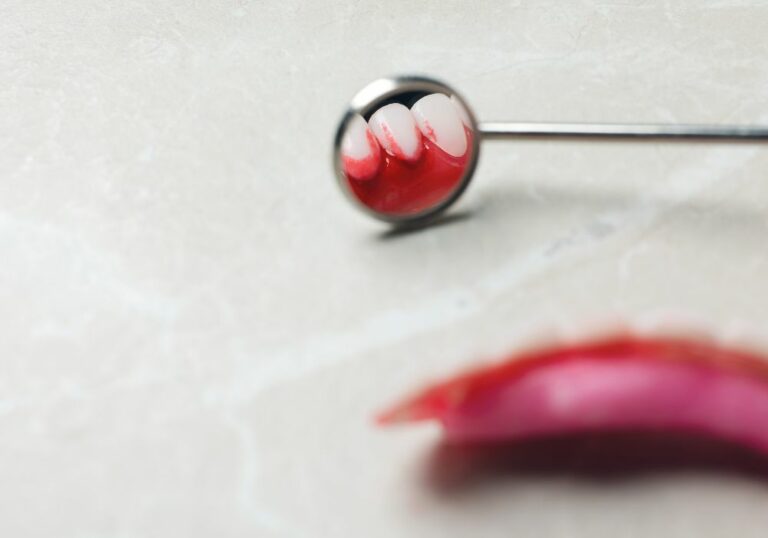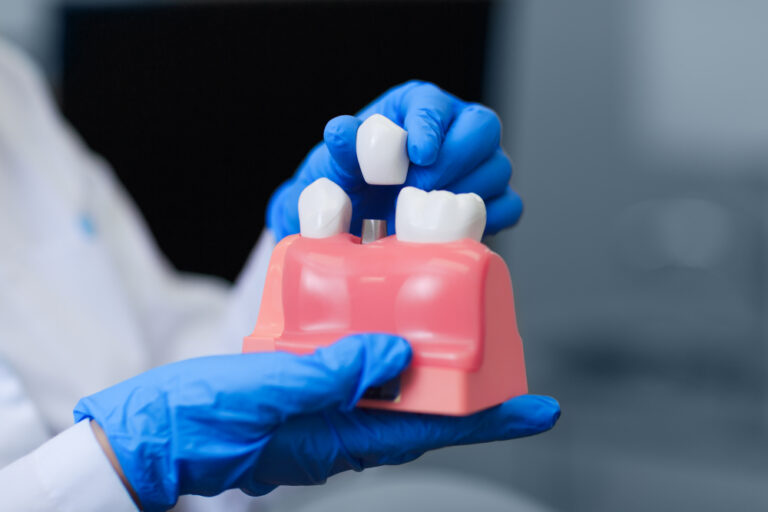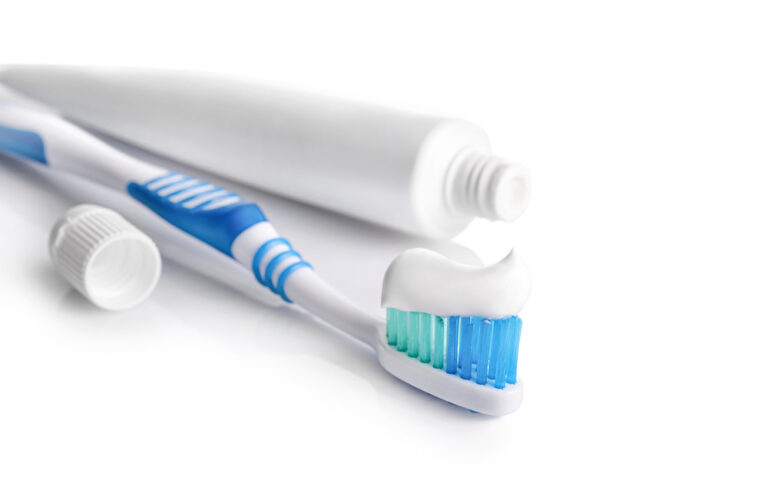Teeth clenching and grinding during sleep, known as bruxism, is a surprisingly common condition, affecting up to 40% of adults. Clenching or grinding your teeth subconsciously during sleep can lead to pain, headaches, jaw disorders, and damage to the teeth and dental work over time.
Understanding the intricate causes of sleep bruxism, the effects it has on the body, professional treatment options, and lifestyle remedies can help you manage this disruptive condition.
What Triggers Teeth Clenching While Sleeping?
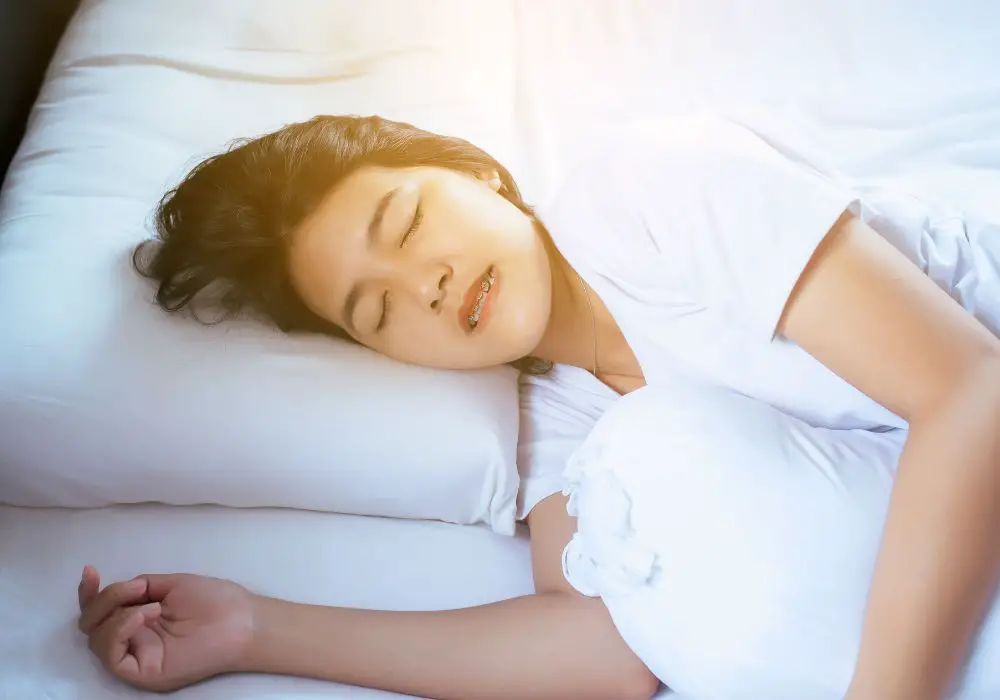
Bruxism has a few possible underlying causes and risk factors that can spark episodes of clenching and grinding of the teeth during sleep:
Stress and Emotions
One of the most frequent triggers of bruxism is stress and emotions. High levels of daily stress from work, finances, relationships, family, or other pressures can build up physical tension in the body.
During deep stages of sleep, some people respond to this pent-up stress and emotion by clenching or grinding their teeth. Stress Experts believe this serves as a subconscious physical outlet for stress when your conscious guard is down during sleep.
Times of higher stress tend to heighten bruxism. Stress-reducing therapies like exercise, meditation, counseling, and lifestyle changes can help minimize bruxism episodes. Managing emotions in a healthy way is key.
Personality and Behavior
Studies show that people with type A personality traits seem more prone to teeth grinding.
Type A folks tend to be highly ambitious, competitive, impatient, aggressive, and have a sense of urgency. It’s believed that these personality characteristics and behaviors manifest physically during sleep in the form of excessive teeth grinding and clenching.
Genetics
There does seem to be a genetic component as well, since bruxism often clusters in families.
If one or both parents have a history of sleep bruxism, their children have a higher chance of developing teeth grinding too. More research is needed, but inherited physical traits likely play a role.
Sleep Disorders
Sleep disorders like sleep apnea can trigger bruxism. Apnea causes hundreds of micro-arousals throughout the night as breathing is obstructed.
Doctors believe these constant disruptions to sleep stages may trigger physical reactions like teeth grinding as the body tries to open obstructed airways and normalize breathing. Treating the apnea can lessen bruxism.
Medication Side Effects
Certain medications are tied to increased teeth grinding, particularly some antidepressants, antipsychotics, and anticonvulsants. Doctors aren’t entirely sure why.
It is believed the body’s reaction to these medications in some individuals, likely related to brain chemicals like dopamine and serotonin, can stimulate the grinding reflex.
Malocclusion Issues
Problems with the alignment of teeth and fit of the upper and lower jaws, known as malocclusion, may contribute to bruxism.
An overbite, underbite, or uneven bite due to crooked or damaged teeth may cause the upper and lower teeth to fit abnormally against one another. This can increase grinding and clenching.
Orthodontic treatments or bite splints may help alleviate teeth misalignment issues and associated bruxism.
What Are Key Risk Factors for Teeth Grinding While Sleeping?
A combination of health, lifestyle, and genetic factors can make someone more prone to clenching and grinding their teeth while sleeping:
- Age – Bruxism most often occurs in adults ages 25-44. About 5-10% of children grind but often grow out of it. Those over age 60 grind less often.
- Gender – Women tend to have more bruxism than men, though males still commonly have issues.
- Alcohol & Tobacco – Smoking and heavy drinking are tied to increased teeth grinding. Both disrupt sleep.
- High-Stress Lifestyle – Stressful occupations and anxiety disorders are often accompanied by sleep bruxism.
- Caffeine Intake – Excess caffeine intake can heighten anxiety levels and interfere with sleep, making grinding more likely.
- Certain Illnesses – Gastroesophageal reflux disease (GERD), dementia, epilepsy, night terrors, and attention deficit hyperactivity disorder (ADHD) can trigger bruxism.
- Obstructive Sleep Apnea – Apnea-induced sleep disruptions often cause grinding behavior.
- Family History – Having a parent or sibling with bruxism puts you at significantly higher risk.
What Symptoms Accompany Teeth Grinding During Sleep?
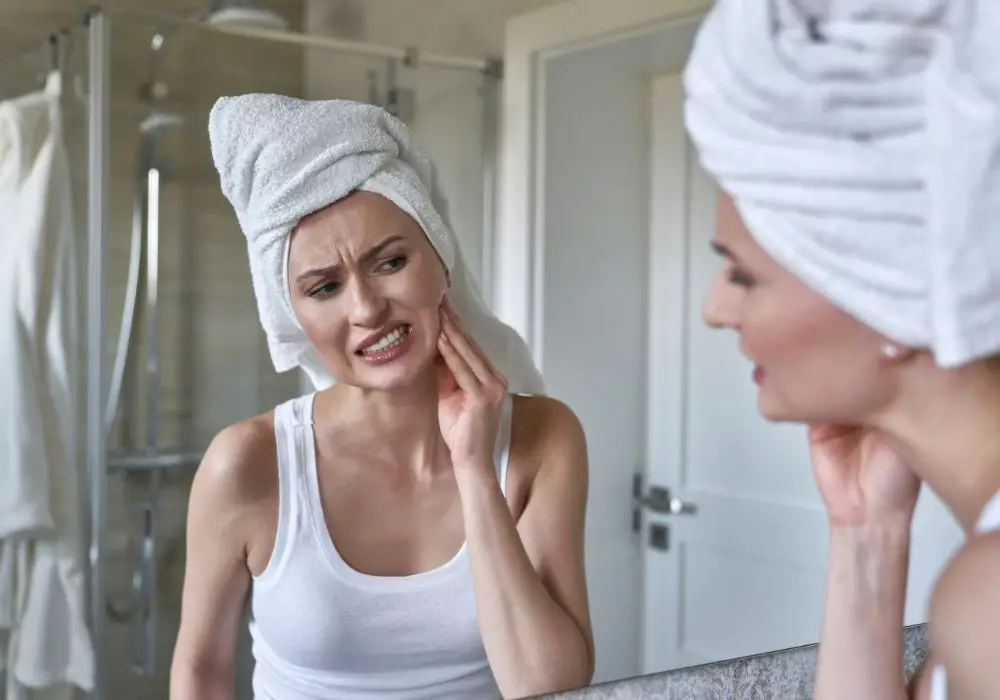
Most people aren’t aware they grind their teeth during sleep until obvious symptoms surface or a sleeping partner hears the loud grinding noises. Signs that may indicate nocturnal bruxism include:
- Headaches – Chronic morning headaches and tension headaches upon waking are common symptoms, due to strain on the temporomandibular joint and jaw muscles during sleep.
- Jaw Pain – Soreness, tightness, and pain in the jaw joint and facial muscles frequently occur. Pain may radiate to the ears, temples, and neck.
- Tooth Damage – Excessive wear, cracks, and chipping of the teeth result from forceful grinding over time. Flattening of biting surfaces is common.
- Tooth Sensitivity – Enamel damage exposes dentin and leads to hypersensitivity to hot and cold. Tooth roots may also become exposed.
- Indentations on Tongue/Cheeks – Impressions or red spots on the tongue or inner cheeks often match the outline of teeth.
- Jaw Noises – Clicking, popping, and grating sounds from the TMJ joint when opening or closing the mouth.
- Sleep Disturbance – Loud grinding noises disrupt the sleep of both the bruxism sufferer and sleeping partner.
Catching these early warning signs and seeking treatment promptly helps prevent extensive, permanent dental damage and other complications.
What Are Possible Health Consequences of Long-Term Teeth Grinding?
If excessive teeth grinding during sleep persists over many years without treatment, a number of adverse effects on dental health and daily functioning can result:
- Severe Tooth Damage – Teeth may eventually require crowns or extraction due to chips, cracks, and loss of tooth structure from chronic grinding.
- Receding Gums – Gum tissue can recede from long-term pressure, exposing sensitive tooth roots and causing increased tooth decay risk.
- TMJ Disorders – The temporomandibular joint and related jaw muscles and tissues can become painful and damaged from repeated clenching.
- Headaches/Migraines – Frequent headaches are common and migraines may develop due to constant jaw and facial tension.
- Sleep Deficits – Both the bruxer and bedpartner experience reduced sleep quality and daytime fatigue from loud nighttime grinding.
- Anxiety/Depression – Research links chronic untreated bruxism with increased mood disorders, memory problems, and heart health issues.
Seeing a dentist promptly for grinding issues can prevent extensive dental repairs, TMJ surgery, and related emotional and physical health effects down the road.
What Are Treatment Options for Managing Teeth Grinding?
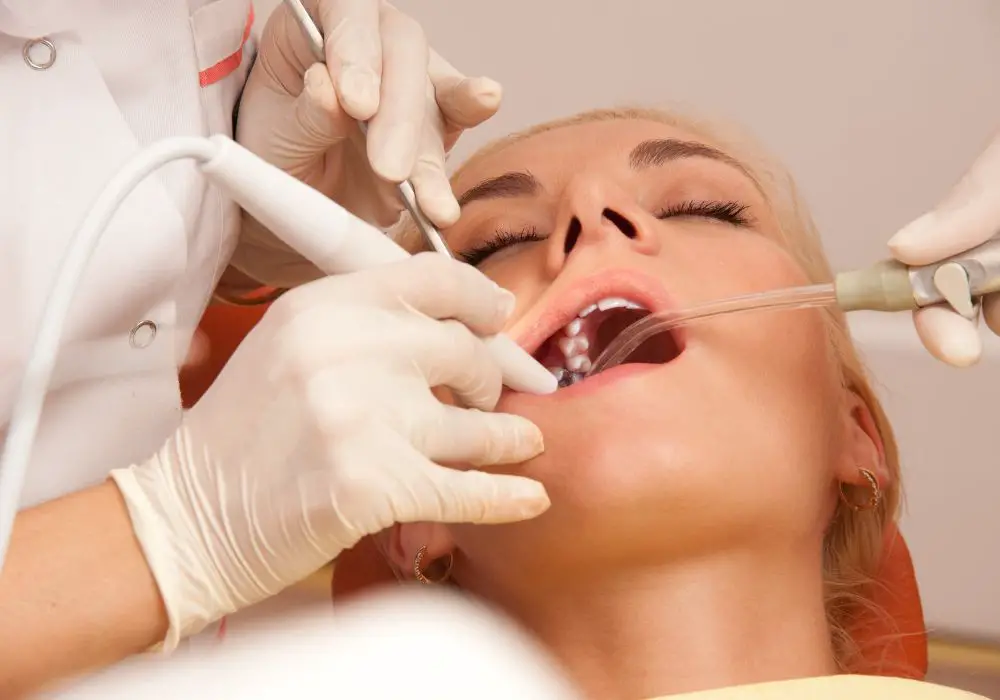
Since the causes of bruxism vary widely, a combination of dental, medical, and lifestyle approaches is often needed to manage teeth clenching and grinding during sleep.
Dental Treatments
Key dental treatments that can protect teeth from damage and reduce grind-related symptoms include:
- Oral appliance – Also called a night guard or occlusal splint, this removable plastic mouthpiece fits over teeth to absorb grinding forces. It’s very effective at preventing tooth damage from bruxism.
- Botox injections – Botox can temporarily relax the muscles, reducing grinding for several months. Requires periodic injections.
- Orthodontics – Correcting bite alignment issues that contribute to clenching can help minimize grinding behaviors.
- Sedation dentistry – Medications given during dental visits relieve stress for those with severe anxiety about procedures.
Medical Approaches
Doctors may recommend:
- Medication adjustments – Switching any medications linked to grinding or lowering doses under medical guidance.
- Treating related conditions – Resolving issues like GERD, sleep apnea, or ADHD that trigger bruxism is key.
- Cognitive behavioral therapy – CBT gives long-term coping skills for stress and emotional issues contributing to grinding.
- Biofeedback – This training uses sensors to teach control of jaw muscle activity and reduce clenching.
Home Care and Lifestyle Adjustments
You can take these self-care steps to minimize bruxism:
- Learn relaxation techniques – Meditate, practice deep breathing, use progressive muscle relaxation, do guided imagery.
- Avoid alcohol and tobacco – Both are linked to increased grinding and disrupted sleep.
- Exercise daily – Aerobic exercise reduces stress and anxiety that often trigger bruxism.
- Massage jaw muscles – Gentle massage of tense masseter muscles provides relief. Use warm compresses.
- Ensure good sleep habits – Keep a consistent schedule, limit caffeine, and create an ideal restful sleep environment.
- Reduce stressors when possible – Manage work demands, find social support, and make time for enjoyable hobbies and interests.
While not completely curable in all cases, bruxism is very manageable. Using a combination of dental appliances, medical care, relaxation techniques, healthy habits, and stress reduction can prevent serious complications.
Frequently Asked Questions About Clenching Teeth During Sleep:
1. Does teeth grinding always happen at night?
Most teeth grinding occurs during sleep when we don’t have conscious control, but some people do clench and grind during the day too, particularly when under stress. Daytime grinding is usually occasional as opposed to the chronic nighttime bruxism that leads to dental complications.
2. Can jaw clenching cause ear pain and headaches?
Yes, the strain put on the temporomandibular joint and adjacent muscles during chronic bruxism can cause pain that radiates to the ears and side of the head. Tension headaches and migraines frequently occur due to persistent muscle tightness in the face and jaw.
3. What damage can grinding your teeth cause?
Severe bruxism can lead to cracked teeth requiring crowns, chipped teeth, receding gums, worn tooth enamel, tooth loss, TMJ joint problems, damage to dental work, and notching of the tongue. Getting an occlusal night guard early prevents most of this damage.
4. Can you stop grinding your teeth while sleeping?
It’s extremely difficult to consciously control teeth grinding during sleep when you’re not aware you’re doing it. The most effective solution is wearing a custom night guard so the force of clenching and grinding doesn’t damage teeth. Addressing triggers like stress can reduce grinding frequency.
5. How can I relax my jaw muscles?
Warm compresses, gentle jaw stretches and massage, relaxing the tongue and lips, anxiety reduction techniques, and avoiding extreme jaw motions can help relax tense muscles from chronic teeth grinding. This helps relieve pain. See a dentist or physical therapist if soreness persists.

